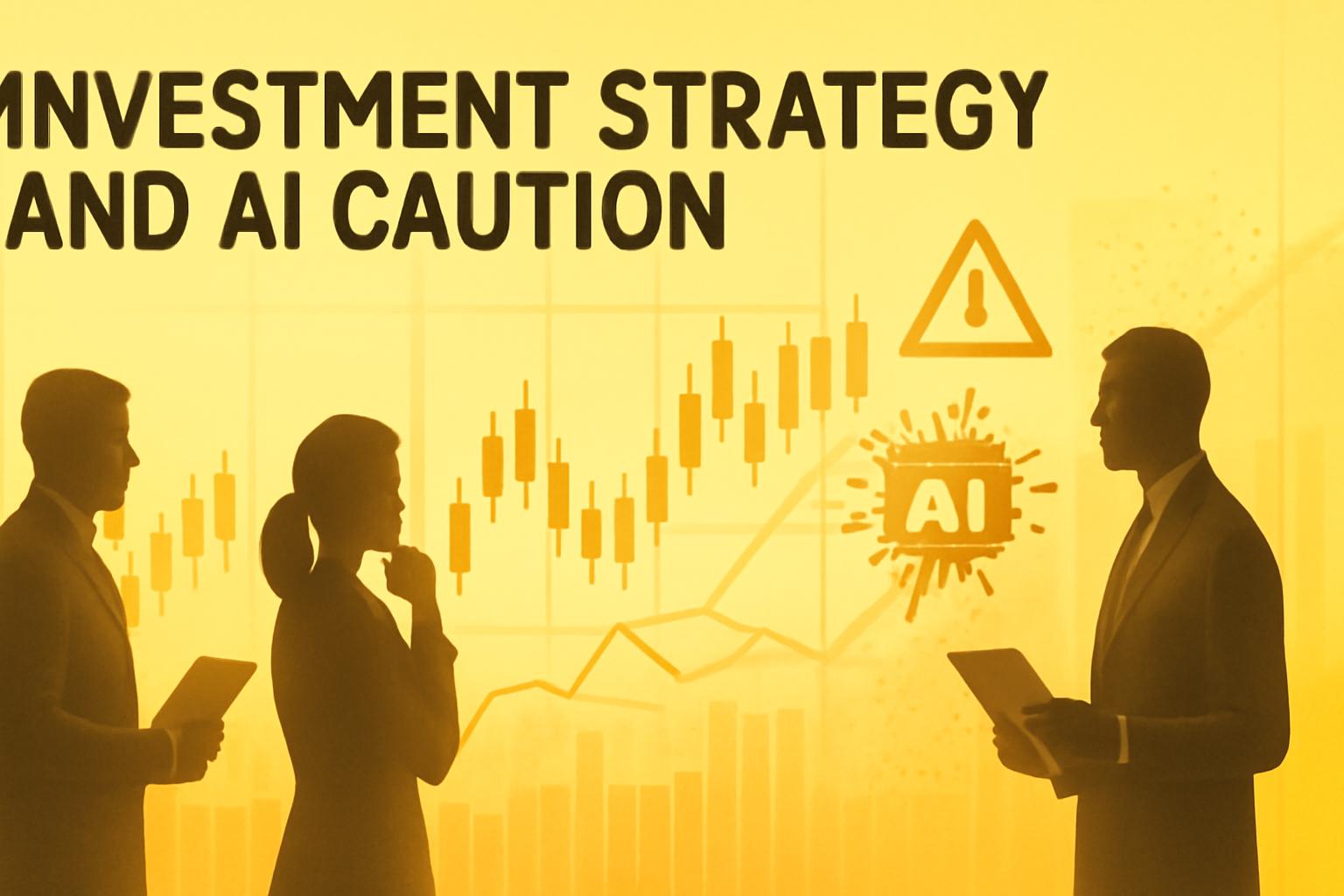Peter Lynch on Why He Stays Clear of the AI Trade
Peter Lynch, renowned for his stellar performance managing Fidelity Magellan Fund in the 1980s, remains cautious about the current artificial intelligence stock boom. Despite the surge in megacap tech stocks since ChatGPT’s debut in late 2022, Lynch openly admits he has no AI-related holdings.
“I have zero AI stocks. I literally couldn’t pronounce Nvidia until about eight months ago,” Lynch remarked on CNBC’s “The Compound and Friends” podcast.
A Conservative Investing Approach Rooted in Understanding
Lynch stresses the importance of thorough knowledge about one’s investments, a principle central to his acclaimed book
One Up on Wall Street. He warns against speculative behavior and the dangers of “playing the market” without solid understanding.
“Know what you own. If you don’t understand what you own, you’re toast,” Lynch advised, highlighting the risks of uninformed investing.
He contrasts the meticulous research people apply to everyday decisions, such as booking flights, with the casual manner in which some invest large sums in volatile stocks based on hearsay.
Timing: Not Always About the First Inning
Challenging the notion that investors must enter early, Lynch points out that opportunities exist even after a stock has rallied. He cites McDonald’s international expansion as a prime example where growth continued well beyond initial domestic success.
“Sometimes, you don’t have to be in the first inning,” Lynch said, noting that dismissing a stock too early can mean missing substantial gains.
Modern Economic Buffers Enhance Investor Resilience
Lynch highlights the improved economic structures that protect investors today, including unemployment insurance, Social Security, and regulatory bodies like the SEC. These safety nets, alongside proactive Federal Reserve policies, provide buffers unknown during previous market crises. Reflecting on historical downturns, Lynch notes that despite various economic and political challenges, the market has avoided a collapse comparable to the Great Depression.
AI and the Future of Employment
Addressing concerns about AI’s impact on jobs, Lynch remains optimistic. He contrasts the massive employment numbers at companies like AT&T in the 1980s with today’s workforce size, suggesting that job creation in emerging sectors will offset automation-related losses.
“It’s a great country. We’re creative. America creates, China duplicates, and Europe legislates,” Lynch stated, underscoring American innovation as a key economic driver.
FinOracleAI — Market View
Peter Lynch’s insights serve as a reminder of the value of disciplined, knowledge-driven investing amid market hype. His cautious stance on AI stocks reflects a broader skepticism warranted during periods of rapid sector growth.
- Opportunities: Identifying solid companies beyond initial hype phases; leveraging economic safety nets to manage risk.
- Risks: Overexposure to speculative AI stocks without fundamental understanding; potential market volatility from tech sector exuberance.
- Workforce Dynamics: Technological advances may disrupt jobs, but innovation-driven growth is expected to create new opportunities.
Impact: Lynch’s perspective encourages prudent investment choices and highlights the importance of economic resilience, suggesting a neutral to cautiously optimistic market outlook amid the AI-driven transformation.













